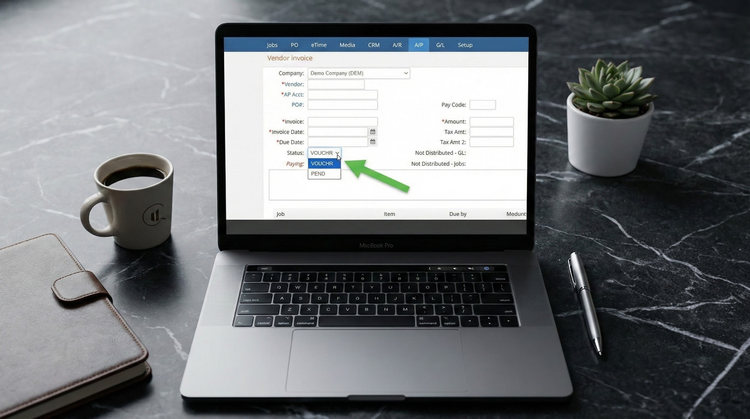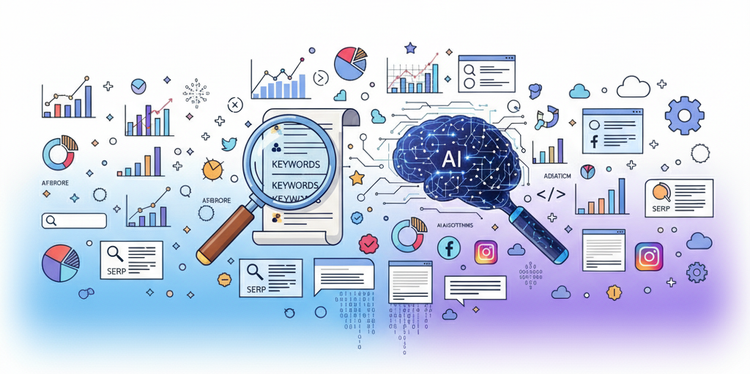Best Practices for Implementing AI in Advertising, Accounting, and Project Management

As industries evolve, artificial intelligence (AI) continues to redefine workflows, offering enhanced efficiency, improved decision-making, and superior data insights. At e·silentpartner, a platform dedicated to empowering advertising, marketing, and accounting professionals, we've seen how strategic AI implementation can yield transformative results. Based on our insights and industry expertise, here are the best practices for implementing AI.
1. Define and Align Objectives with Business Goals
AI’s potential lies in its ability to automate repetitive tasks, generate insights, and optimize workflows. Start by defining specific goals, such as enhancing project timelines, automating financial reconciliations, or personalizing client engagement.
2. Prioritize Data Quality and Governance
AI thrives on data. Accurate, comprehensive, and secure data is vital for successful implementation. Tools like time and expense management systems are particularly effective when paired with high-quality data inputs, ensuring accountability and precision. Employ robust data governance frameworks to safeguard sensitive client and financial information.
3. Foster Change Management and Employee Training
AI adoption often disrupts traditional workflows, requiring teams to adapt. Provide targeted training to upskill employees, focusing on AI features relevant to their roles. Emphasize on collaborative ecosystems via file sharing and integrated workflows, which can further empower teams when paired with AI capabilities.
4. Leverage Integrated AI Solutions for Comprehensive Impact
Choose AI tools that integrate seamlessly into existing systems. e·silentpartner supports comprehensive workflows, combining project management, financial oversight, and team collaboration under one platform. Integrating AI with such systems enables real-time insights, improved resource allocation, and predictive analytics.
5. Continuously Monitor and Optimize AI Performance
AI solutions must evolve alongside your business needs. Leverage performance metrics and feedback loops to ensure your AI systems deliver as expected. Platforms like e·silentpartner provide intuitive dashboards to track KPIs across projects, ensuring continued alignment with objectives.
TL;DR
To effectively implement AI, align objectives with business goals, ensure data quality, foster change management, and use integrated tools. Regularly monitor performance and adapt strategies to stay ahead in the competitive landscape. By following these best practices, you can unlock AI's transformative potential in advertising, accounting, and project management.





